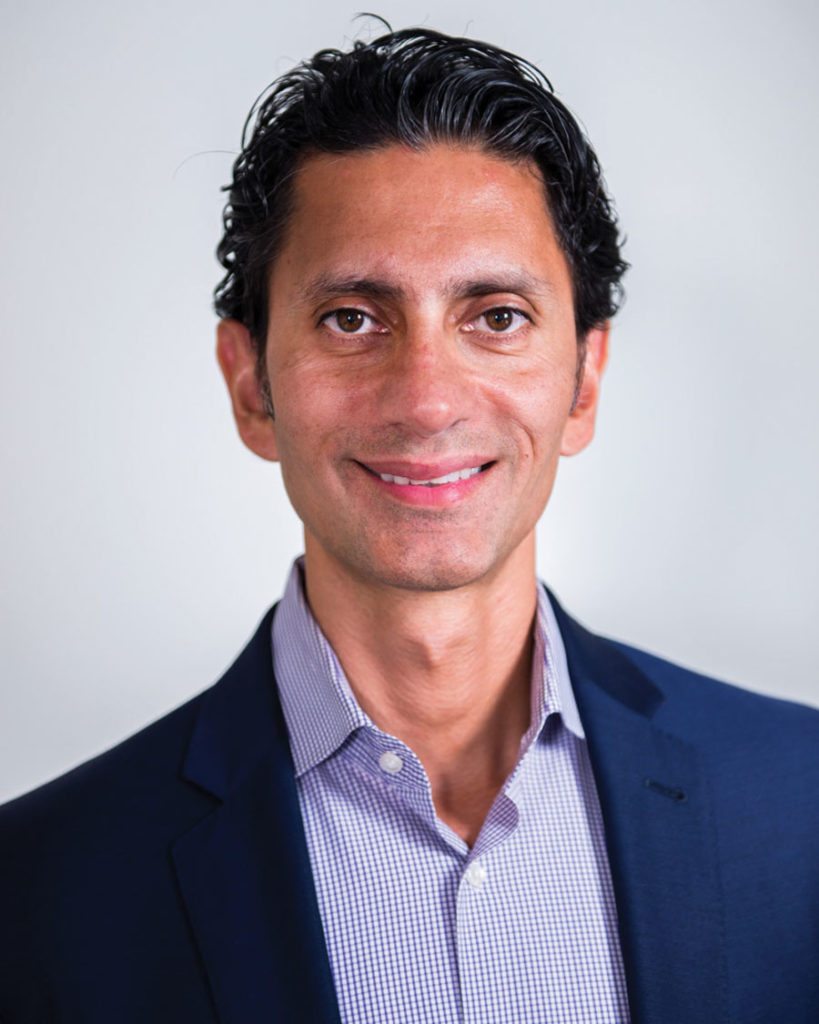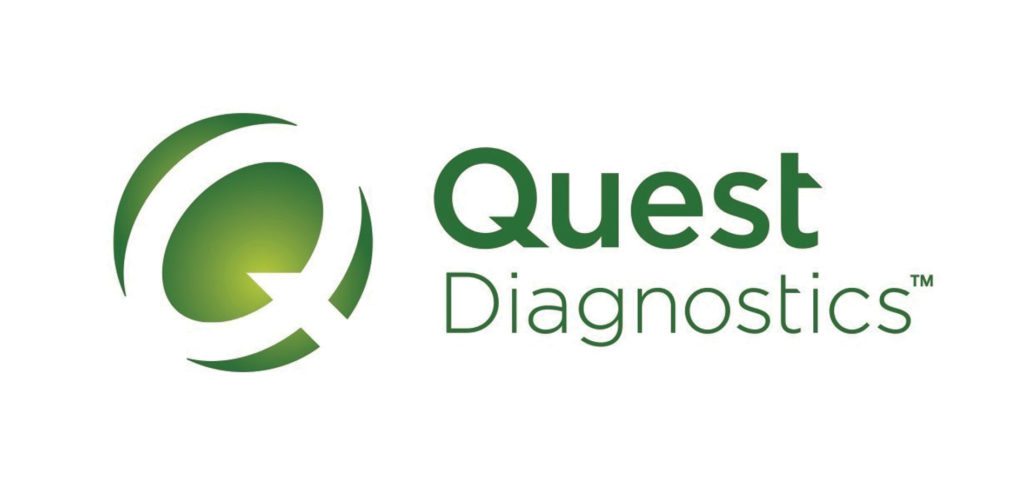Back in 2010, Sundeep Bhan, an eHealth entrepreneur who previously lead Medsite before its sale to WebMD, and Jason Bhan, MD, a family physician practicing medicine in the suburbs of Washington D.C., united with the goal of delivering on the promise of precision medicine. Together, along with Destry Sulkes, they started Medivo to explore how they could help provide decision support on targeted therapeutics usage.
 Now, after six years of development, the company is officially launching under a new name: Prognos. This company uses advanced analytics and artificial intelligence (AI) techniques to enhance the value of laboratory results and clinical diagnostic data to allow life sciences companies, payers, and clinical diagnostics organizations to track and predict disease earlier. PM360 spoke to Bhan, the company’s Co-founder and CEO, about its development over these six years, working with industry partners (see sidebar), and the future of AI.
Now, after six years of development, the company is officially launching under a new name: Prognos. This company uses advanced analytics and artificial intelligence (AI) techniques to enhance the value of laboratory results and clinical diagnostic data to allow life sciences companies, payers, and clinical diagnostics organizations to track and predict disease earlier. PM360 spoke to Bhan, the company’s Co-founder and CEO, about its development over these six years, working with industry partners (see sidebar), and the future of AI.
 PM360: What lead you and Jason to come together and create this company?
PM360: What lead you and Jason to come together and create this company?
Sundeep Bhan: The initial idea came from our previous experiences. Jason’s a family physician and I’m a health tech entrepreneur. We were thinking about what’s new in healthcare, which, at the time, were data and analytics. We knew that would have a big impact on the industry’s future, because more than 70% of healthcare decisions are made based on clinical, diagnostic, and lab information—yet as an industry, it’s really underutilized. So we started the company with the idea of using this rich clinical information to help make decisions earlier in healthcare.
How has the company developed since you started it as Medivo six years ago?
We built much of the foundational aspects of the business during the past six years. As a healthcare AI company, our mission is to track and predict disease at the earliest. To do that, you need three main things: Computational power; a large data set; and the right learning algorithms.
Three years ago, computational power was harder to come by. Today, it’s more of a utility anyone can get access to thanks to services like Amazon Web Services. But we still needed to have a large enough data set to build learnings. We built the company up focused on disease area by disease area, and today we are focused on about 35 disease areas. Recently, we crossed about five billion medical records, giving us one of the largest data sets available. And we’re tracking 100 million patients and 300,000 physicians in the Prognos Registry.
Finally, we built the learning algorithms that allow us to map these patients on a patient journey, from identifying those at early high risk, to newly diagnosed patients, to those not responding to care. Once we built this out, it allowed us to commercialize. Today, we’re working with about 17 pharmaceutical companies and 26 brands. Last year we also launched into the care vertical, and are also working with payers.
AI is a growing field in all sectors. Do you see it helping healthcare even beyond what you are doing?
The most recent phase in technology has been the digitization of everything. From appliances to books, everything that we use is getting digitized. The current phase is the cognification of everything, which creates tons of opportunity. A good example of that is our smartphones, but we even have smart thermostats that allow me to change my home’s temperature from my phone.
The next wave will be in healthcare, in which everything that happens will be connected and we’ll be able to share information. This creates great opportunities, especially for companies like ours—not only in building and growing our Prognos Registry, but in linking it with other data sets. For some rare diseases, it could take 15 years to diagnose a patient. With the work we’re doing, we can shorten that by five or even 10 years. Imagine the impact that has on the patient.
Finally, how did you know it was the right time to launch your company after all of those years in development?
The market is usually filled with a lot of noise and hype, so we wanted to make sure to set a milestone for the company before we put the word out there. Our company is no longer an idea, but six years in, with $22 million raised. And we have a great mission—making a real impact. The 80 people at Prognos are energized by that every day.
Working With Industry Partners
Prognos is partnering with companies in various sectors in the healthcare industry.
Pharma
“We help companies find providers treating patients with specific biomarkers much earlier in the process than anything else out there,” explains Bhan. Because Prognos looks at the same information used to diagnose patients, the company’s solutions can reach physicians and their patients before any treatment decisions are made. Prognos’ “Trigger” solution identifies these newly diagnosed patients and provides weekly alerts to help brands optimize their sales and marketing strategies by identifying which physicians to target with information about therapy options. Prognos currently works with 17 life sciences organizations, including Biogen.
 Diagnostics
Diagnostics
Diagnostics organizations can leverage their lab data with Prognos’ analytic solutions. This helps further the ability of lab data to inform physicians and increase the likelihood that patients can access treatments that will improve their care outcomes. Current diagnostic collaborators include Quest Diagnostics and Laboratory Corporation of America Holdings (LabCorp). “The Prognos Registry has lab data from more than 140 labs already and we’re always looking to engage additional labs,” says Bhan.
 Payers
Payers
“We can help inform payers about developments with their members earlier in the process based on predictive analytics, which allows them to identify potentially at-risk patients,” offers Bhan. Identifying and reaching at-risk patients earlier can help plans to reduce avoidable care costs, especially for patients with chronic conditions and comorbidities. Prognos’ solutions also allow payers to engage with providers earlier in the patient treatment process, which helps improve the overall quality of care. Currently, Cigna is using Prognos’ analytics to improve health engagement among its Individual and Family Plan customers.







